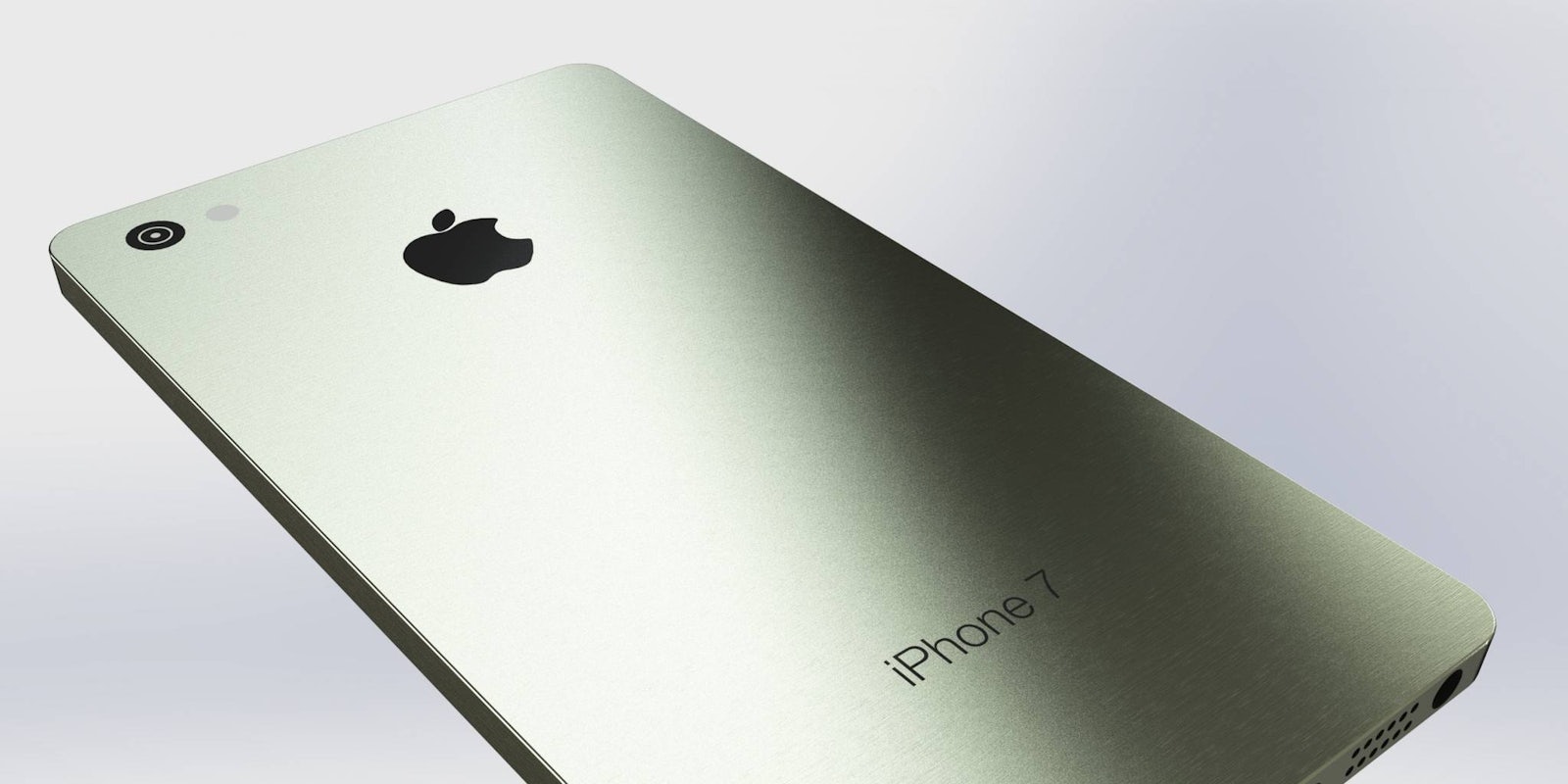Yet another battle is shaping up between the FBI and Apple, Wired reports.
The iPhone of Dahir Adan, who stabbed 10 people at a Minnesota mall last month after reportedly being radicalized, is locked—meaning it is encrypted in a way that makes it difficult for anyone besides its owner to open. This mirrors in many ways last year’s battle over the iPhone of Syed Rizwan Farook, one of the two shooters behind the 2015 terrorist attack in San Bernardino, California. That case tailed off when the FBI hacked their way into the phone with a third-party vulnerability, a solution that may not work on newer phones.
It’s not yet clear if another encryption battle is in the cards.
“We are in the process of assessing our legal and technical options to gain access to this device and the data it may contain,” FBI special agent Rich Thornton told press on Thursday.
American law enforcement faces this problem regularly, mostly in drug and larceny cases.
Last year’s battle gained a huge spotlight but the push to force mandated backdoors was lost. Today, the appetite for such action has shrunk considerably in the US.
FBI Director James Comey, perhaps the most vocal critic of popularized encryption, looks to continue the debate in full force after the 2016 elections are through.
Read the whole story in Wired.


